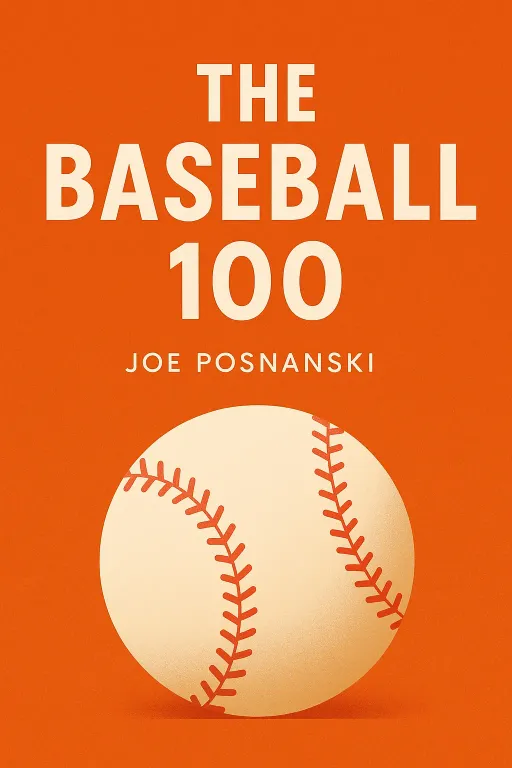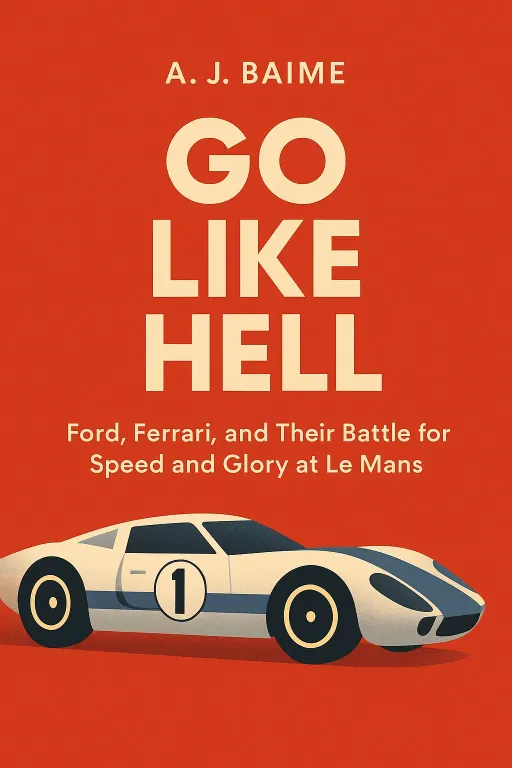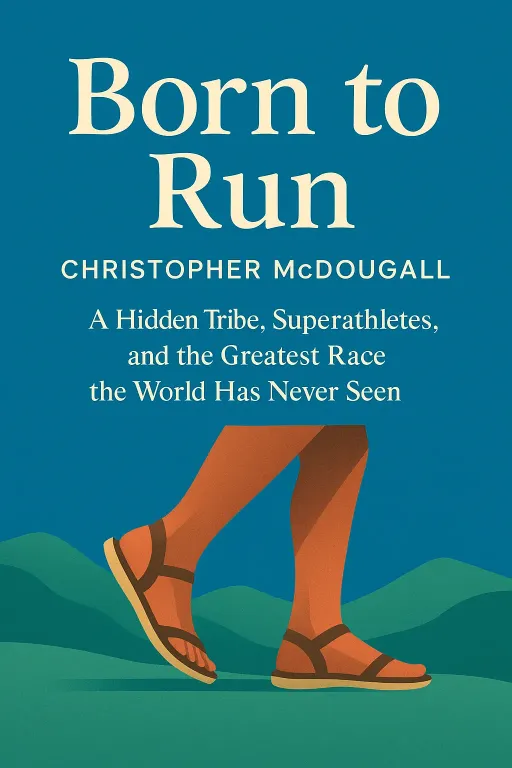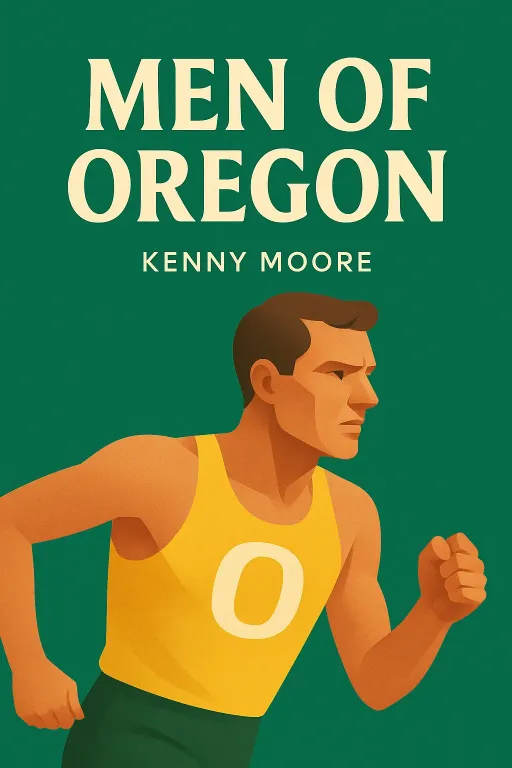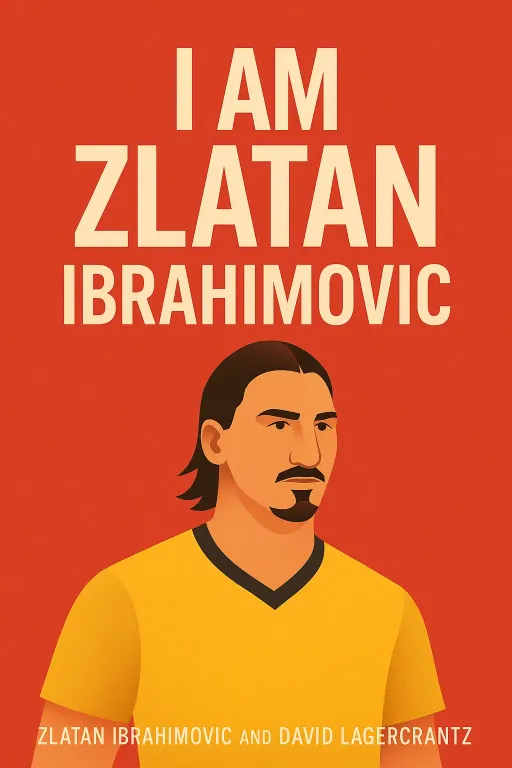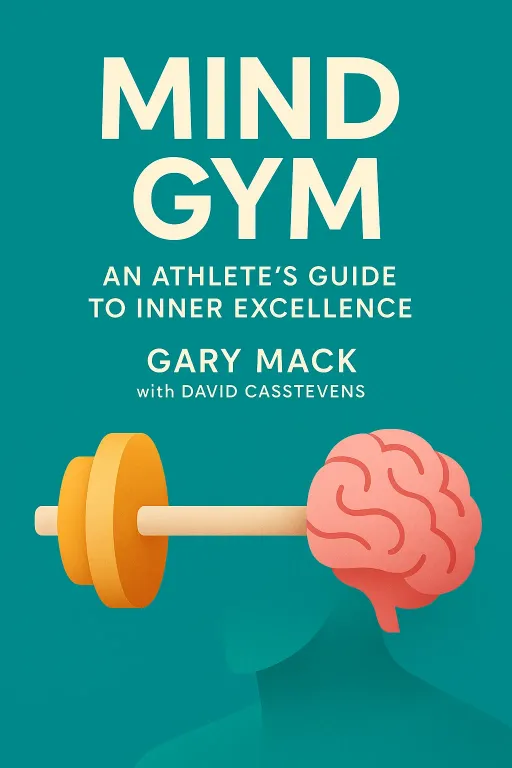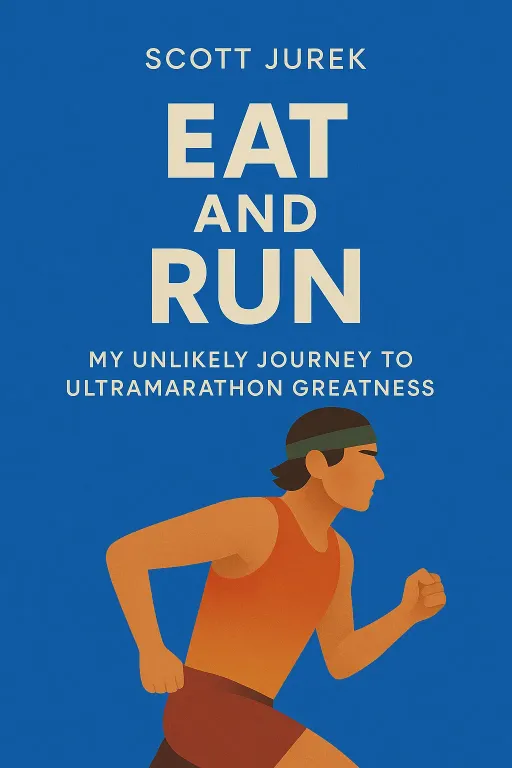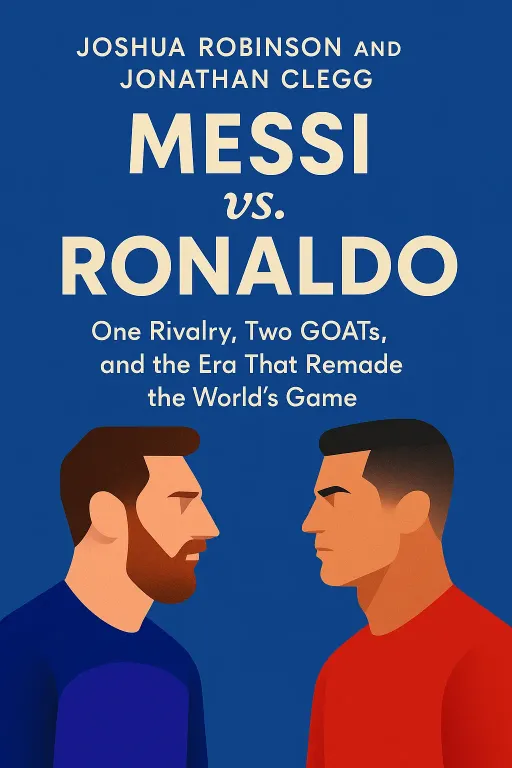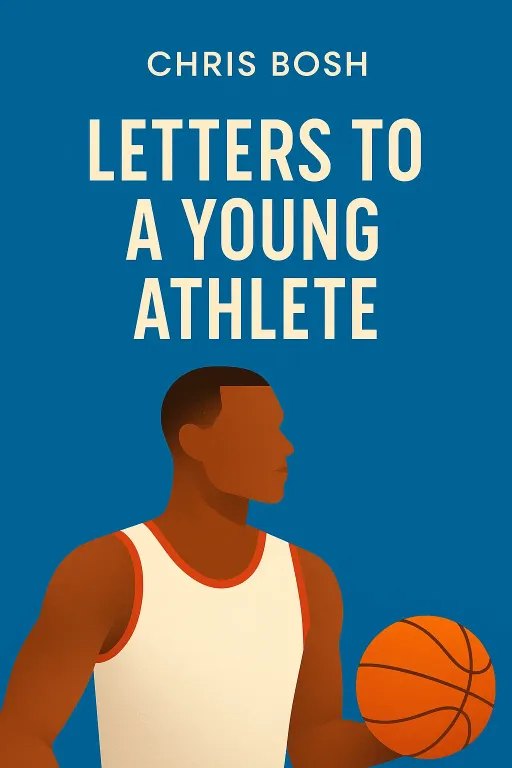
The Zero-Point Champion
9 minGolden Hook & Introduction
SECTION
Michael: Most athletes believe their defining moment is a game-winning shot. But what if the most important play of your career is one where you don't score a single point? What if true greatness is found not in the spotlight, but in the sacrifice? Kevin: That's a wild thought. Everything in sports culture teaches us to celebrate the hero, the one who hits the buzzer-beater. The idea that not scoring could be your biggest contribution feels completely backward. Michael: It feels backward, but it's the central, hard-won wisdom in the book we're diving into today: Letters to a Young Athlete by Chris Bosh. Kevin: Ah, Chris Bosh. The Big Three in Miami, multiple championships. I remember him as that versatile, skilled big man. Michael: Exactly. But this isn't just any athlete writing a memoir. This is an 11-time All-Star, a Basketball Hall of Famer, whose career was suddenly and tragically cut short in his prime by a life-threatening medical condition. That fact hangs over every word in this book, giving it this incredible, poignant weight. Kevin: Wow, I forgot about that. It wasn't a choice; it just ended for him. That changes everything. This isn't a victory lap book. Michael: Not at all. It’s a book about what you do when the game plan of your life gets torn up. And it starts with this profound lesson he learned about sacrifice, long before his health scare. He had to learn how to give up being the star to become a true champion.
The Paradox of Sacrifice: How Giving Up Glory Leads to Greatness
SECTION
Kevin: Okay, let's get into that, because that's a tough pill to swallow. He was the franchise player for the Toronto Raptors, the guy everything revolved around. Then he goes to Miami to team up with LeBron James and Dwyane Wade. He must have known he was stepping out of the spotlight. Michael: He knew, but I don't think he understood the full cost until their first season together in 2011. They were the villains of the NBA, this superteam everyone loved to hate. The pressure was immense, and their motivation, as Bosh admits, was largely about proving the haters wrong. Kevin: Which, let's be honest, is a pretty powerful motivator. Spite can fuel a lot of success. Michael: It can, but Bosh argues it's like running on cheap fuel. It burns hot and fast, but it's not sustainable. They get to the NBA Finals against the Dallas Mavericks, a team of veterans they're heavily favored to beat. And they lose. Kevin: I remember that series. It was a huge upset. Michael: It was a collapse. And there's this now-famous image of Bosh after the final buzzer, walking down the tunnel, dropping to his knees, and just weeping uncontrollably. In the book, he reflects on that moment. He realized that winning to silence critics was a hollow goal. Even if they had won, the happiness would have been fleeting because it was based on someone else's opinion of him. Kevin: That’s a brutal, very public moment of self-awareness. He’s realizing his 'why' is broken. Michael: Completely. He writes about how that loss forced the entire team, but especially him, to re-evaluate everything. He had to sweep away his ego. He had to transition from being a 24-points-per-game guy to doing the dirty work: setting screens, playing relentless defense, rebounding. He had to find his value in the things that don't show up on the stat sheet. Kevin: It’s like a lead singer in a rock band realizing the band will only be great if he steps back and lets the lead guitarist rip a solo, even if it means he’s just playing rhythm. His ego has to serve the song, not the other way around. Michael: That's a perfect analogy. And the ultimate test of this came two years later, in 2013. They're in the NBA Finals again, this time against the San Antonio Spurs. It's Game 7. Winner takes all. The biggest stage in basketball. And Chris Bosh scores zero points. Kevin: Zero? In a Game 7? For a player of his caliber, that has to be a personal nightmare. Michael: A complete nightmare. But instead of crumbling, he leaned into his new role. He writes that he told himself, "If I'm not going to score, I'm going to be the best defender on the court. I'm going to get every rebound." He completely focused on what the team needed. And they won the championship. His team won, even when his personal stats said he failed. Kevin: And that's the paradox. His greatest team achievement came on his worst individual night, statistically. Michael: Precisely. Pat Riley, the legendary coach and president of the Heat, said that Bosh's most important play in franchise history wasn't a shot, but a rebound and an assist in Game 6 of that same series that allowed Ray Allen to hit a game-tying three. It was a play of pure hustle and awareness. Bosh learned that you can be the hero without ever taking the shot. Kevin: That's a lesson that goes so far beyond basketball. In any job, in any family, there are moments where the most important thing you can do is the unglamorous thing that allows someone else to succeed. Michael: And that ability to find worth beyond the obvious, to build that mental resilience, became the most important skill he ever developed. Because just a few years later, the game itself was taken from him.
Forging Resilience: The Mental Armor for When the Game Ends
SECTION
Kevin: Right, this is where the story takes that heartbreaking turn. All this hard-won wisdom about teamwork and ego is one thing when you're still playing for championships. What happens when you can't play at all? Michael: That's the second, and arguably more profound, part of this book's message. In 2016, Bosh is diagnosed with blood clots. It's not a torn ACL; it's a condition that means playing a contact sport could kill him. His career is over, just like that. Not with a retirement tour, but in a doctor's office in the middle of the afternoon. Kevin: Oh man. How do you even begin to process that? Your entire identity, everything you've worked for since you were a kid, is just... gone. Michael: And that's where all those letters he writes in the book become so critical. Take "Letter 1: When You Ain’t Nothing but Tired." He talks about pushing through physical exhaustion, about how your mind gives up before your body does. He tells the story of David Goggins, the ultramarathon runner, who says when you think you're at your limit, you're only at 40% of your capacity. Kevin: I can see how that applies on the court. But how does it apply to a career-ending diagnosis? Michael: Because the exhaustion he faced then wasn't physical, it was emotional and spiritual. The 'Empty light' in his brain was telling him it was over, that his life's purpose was gone. He had to use that same mental muscle to push past the despair. He had to find a new 60%. Kevin: So the training he did for the fourth quarter of a game was actually training for the rest of his life. Michael: Exactly. And then there's "Letter 2: You Have to Find Your Why." He stresses that your 'why' can't be fame or money, because those things are fleeting. His 'why' had to evolve. It couldn't be "win a championship" anymore. He had to dig deeper. He talks about his father telling him, "when God closes a door, He opens a window." For Bosh, that window was family, writing, mentoring. He found a new 'why'. Kevin: It's incredible how his on-court lessons map directly onto this off-court tragedy. It makes the advice feel so much more authentic and earned. He’s not just preaching theory; he lived through the ultimate test of his own philosophy. Michael: He really did. And he's brutally honest about the struggle. In the book's footnote, he makes a powerful plea about mental health. He says, "depression, anxiety, harmful thoughts—they can upend your life and career worse than any injury. So don’t play through them or ignore them. Get help." This comes from a man who had it all and nearly lost it twice—once to ego, and once to biology. Kevin: That adds another layer. He’s saying the inner game isn't just about high performance; it's about survival. It's about being okay when you're no longer Chris Bosh, the basketball star. Michael: And that’s what makes the book so special. It’s received widespread acclaim, not just from the sports world but from people like Adam Grant, because it's not really about basketball. It's about self-mastery. His coach, Erik Spoelstra, said he learned about leadership and sacrifice from Bosh. That's the ultimate tribute.
Synthesis & Takeaways
SECTION
Kevin: You know, as we talk through this, I realize this book isn't really for 'young athletes' at all, is it? I mean, it is, but the title is almost a misdirection. It’s for anyone who's had to face the fact that the thing that defines them might not last forever. Michael: That's the core of it. Bosh uses basketball as a metaphor for life's biggest tests. He teaches you how to handle criticism, how to communicate, how to lead. But the final, unwritten letter is about what happens when the game is over. The real championship isn't a trophy; it's building an identity strong enough to withstand profound loss. Kevin: There's that famous saying he quotes, "Play for the name on the front of the jersey, and they’ll remember the name on the back." It sounds like a sports cliché. Michael: It does, but he gives it new meaning. By playing for the team, by sacrificing his own stats, he wasn't just helping the Heat win. He was forging a character, a sense of self that was about more than just scoring points. He built a character that would outlast the name on the back of the jersey. Kevin: So when the jersey was taken away, there was still something left. There was still Chris Bosh, the man. Michael: Exactly. He built a 'why' that was durable. And that's the ultimate lesson. The work you do on your inner self is the only thing that truly endures. Kevin: It really makes you think. It poses a question for all of us, athlete or not. What is the 'why' that drives you? And would it be enough if everything else fell away? Michael: A question worth sitting with. Kevin: This is Aibrary, signing off.
